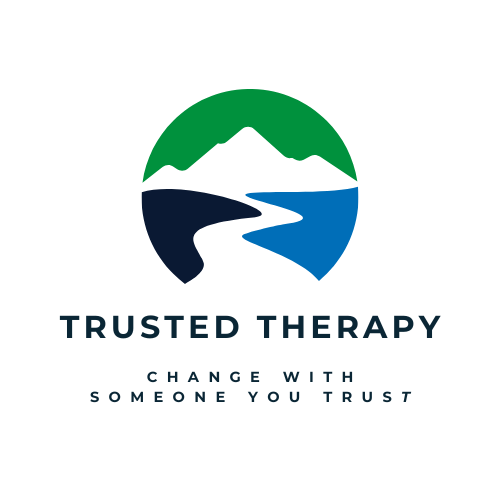Borderline personality disorder (BPD) is a complex disorder that is said to affect 2 % of the population. It is more commonly diagnosed in women and frequently occurs with other mental illnesses including mood disorders, anxiety disorders, and eating disorders. Being diagnosed with BPD can be scary, frustrating, and comforting- to know that other people are experiencing similar symptoms and you are not alone.
Unfortunately, BPD can be misunderstood and labeled, even by other medical/mental health professionals. Some people will label those with BPD as manipulative, unstable, and attention seeking. These traits do not describe the individuals who I tend to work with who have been diagnosed with BPD. The people who I meet with who are struggling with symptoms of BPD are typically compassionate, lonely, anxious, and frustrated.
BPD has a strong genetic link (meaning it can be inherited in her genetic makeup) and is more frequently diagnosed in those who have experienced childhood trauma or abuse. Imagine growing up in an environment that didn’t understand or meet your needs. What if you were sad and needed a hug and reassurance and instead you were met with anger, hostility, the “I’ll give you something to cry about”? What if you had a rough day at school and when you tried to explain to your caretaker about your bad day, they would only respond with things such as, “it wasn’t that bad”, “you’re ok”, “you’re tough, get over it”, and the like. How would you try to communicate your feelings? If you really wanted to try to have someone understand just how awful you were feeling you would have to be louder in your communication. This is something I frequently see with individuals who are struggling with symptoms of BPD. They learn from a young age that their feelings are invalid/wrong, people don’t understand them, and they have to be louder (or more extreme) to get their needs met.
This doesn’t mean that everyone diagnosed with BPD had parents’ who did these things or that parents’ caused their BPD symptoms. Typically people with BPD have had at least one person in their life whom made them feel invalidated about their feelings. People with BPD are frequently more sensitive to criticism and can be overall sensitive children, making parenting these children more difficult.
Imagine living in a world where you feel misunderstand, scared, emotional, and angry. Fears of being left alone, abandoned. Not feeling like you have any meaning or purpose in your life. A feeling of emptiness. Maybe even feeling suicidal or that the world be better off without you. Knowing that it only takes something that others may see as “no big deal” to make you upset and very angry. Not knowing how to cope with feelings of anger. Feeling really happy sometimes and really sad and depressed other times. Sometimes doing impulsive or dangerous things and then regretting having engaged in the behavior and feeling guilty and shameful. Hating yourself so much that you hurt yourself. Or hurting yourself because you feel so out of control you don’t know what else to do. Falling so deeply in love that you can’t imagine living without the person and fearing every day that they may leave you, but easily becoming angry with that person too. Sometimes not feeling “real” or numb and dissociating.
This life sounds complicated, frustrating, and lonely. If these things sound familiar to you, know that you are not alone! And that there is help available! There are several treatment options available for people who struggle with these things. Therapy can help you learn coping skills to deal with your feelings. You can learn how to be assertive and ask for the things that you need and want in your life, without having to go to extremes to get that need met. You can learn how to find meaning and purpose in your life and to create healthy relationships were you can feel loved.
For so many people I work with, it has also been important for them to surround themselves with people who respect them as a person. Sometimes this means changing our relationships with people from our past who may continue to treat us poorly, by learning how to set boundaries with them. Talking about past trauma and abuse may also be helpful, but not necessarily a must. Learning ways to identify our negative thoughts and beliefs and change those things to more accurate, positive thoughts. Grieving the loss of past relationships or the lack of support you were given as a child, can help too. Understanding how to create new neuronal pathways in our brain that allow us to use the new coping skills and develop self-compassion. Figuring out ways for you to be able to take care of yourself in a loving way can be another treatment goal.
The most important predictor to determine if therapy will be helpful is the relationship you are able to build with your therapist. Make sure you feel respected, listened to, and validated. Making that call or sending that email to a new therapist can feel scary, but you deserve to be able to live a happy and healthy life!
Trusted Therapy, Inc
Tonya McFarland, PsyD, CEDS
Licensed Clinical Psychologist
Certified Eating Disorder Specialist
1030 Johnson Rd, # 323
Golden, CO 80401
www.trustedtherapy.com
tonya@trustedtherapy.com
303-709-5897
